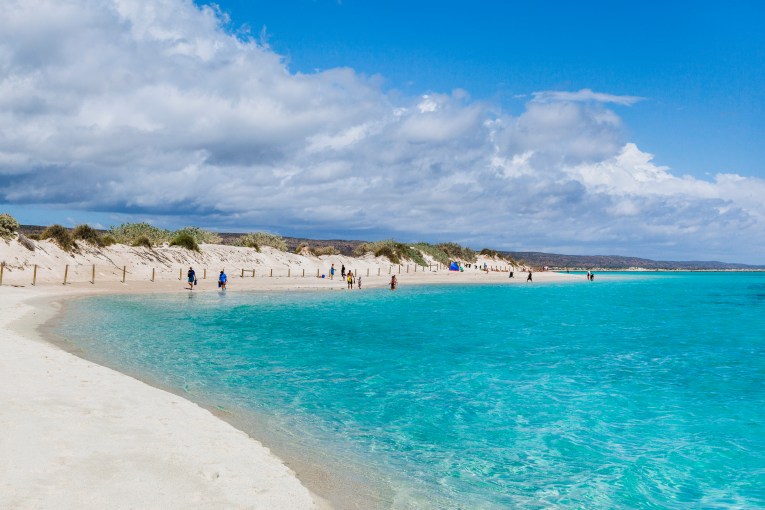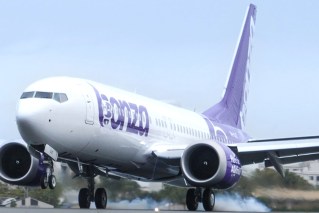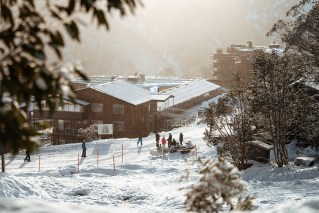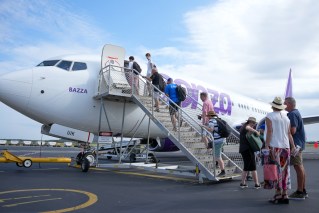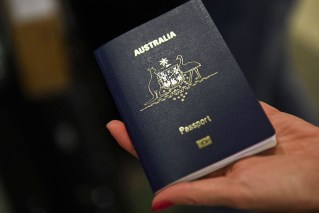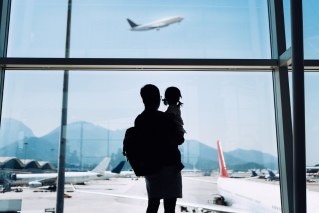‘It’s killing us’: How Airbnb is taking over Australia’s holiday hotspots

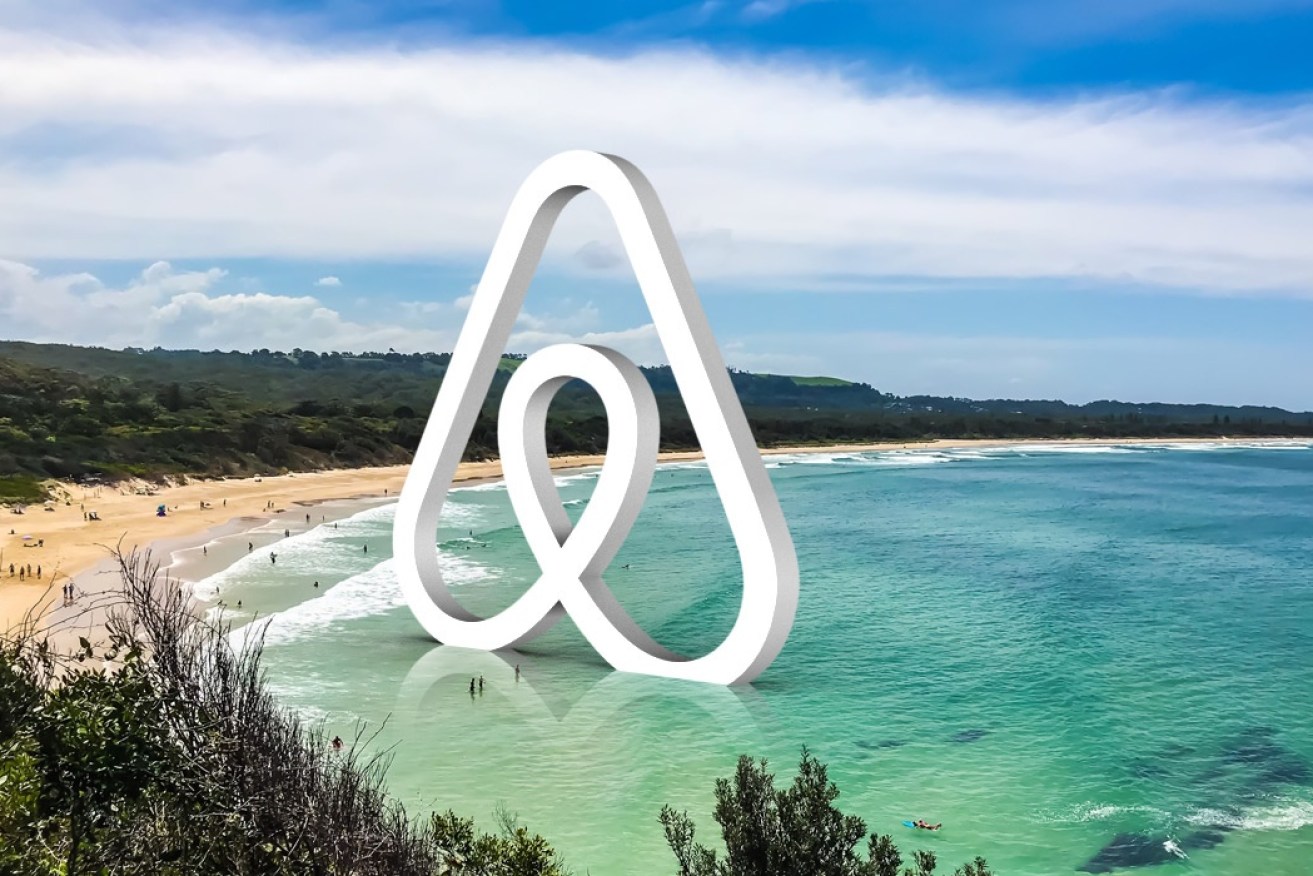
Almost 20 per cent of houses in some of Australia's beach towns are Airbnb. Photo: Simon Rankin
Airbnb’s rampant growth in Australia, particularly beach holiday hotspots such as the Sunshine Coast, is mounting increasing financial pressure on local hotel businesses.
In popular NSW beach region Byron Bay, almost one in five houses are now listed on Airbnb, according to research by the University of Sydney.
While Airbnb typically advertises cheaper prices, which is a win for consumers, it has forced many hotels and other traditional businesses to reduce their prices and accept lower profit margins to stay competitive.
The Chamber of Commerce and Industry Queensland told The New Daily that Airbnb houses in Queensland’s coastal regions have “doubled” in the past 18 months alone.
Airbnb now make up about 4 per cent of houses in Mornington, Victoria, while 2 per cent of Sunshine Coast properties are listed on the platform, and there are 5.4 per cent in Busselton, Western Australia.
Linda, owner of a boutique bed and breakfast in Launceston, Tasmania, said she is “very upset” about the impact Airbnb growth is having on small businesses in the region.
“Our business is down 50 per cent on last year. This is our only source of income,” she told The New Daily.
Airbnb is killing us.
“I’m not against Airbnb, it has its place, but it’s grown so quickly and there are just too many listings.
“We’re now competing with 500 other places. We can’t sustain that.”
Tourism expert David Beirman said the platform’s growth is widespread, but particularly focused on suburbs near the coast.
“It’s not just happening in Byron Bay. Everywhere where there’s a shortage of traditional accommodation, there’s growth of Airbnb,” he said.
“In NSW this includes Coogee, Maroubra and Matraville – a lot of the beachside suburbs as well as Palm Beach and Avalon – and Airbnb probably contributes to about 30 per cent of all accommodation in the Randwick region.”
Dr Beirman said that at times of the year when demand for accommodation outweighs supply, Airbnb has relieved some of the pressure off traditional hotels.
However, the infrastructure in these suburbs is not necessarily built to cater for the sudden influx of tourism in these areas.
Karen Hofman, tourism expert and former Flight Centre travel agent of 12 years, said as the number of Airbnbs increase in an area, the local facilites – restaurant, major sites and public transport – are pushed beyond their carrying capacity.
“These have previously met the maximum number of hotel beds however as visitors increase due to more availability of beds [through Airbnb], … there is no certainty anymore of knowing what the maximum number [of beds] could be with Airbnb,” she said.
“To meet the growing numbers, either businesses need to expand or more businesses need to open.
“That creates more competition and, given many destinations are seasonal, could potentially cause businesses to shut down due to an oversupply of services during the quieter times.
Ms Hofman said that Airbnb can often attract price-conscious consumers and if customers are pulled away from hotels, this affects their occupancy.
“Airbnb has its place in the market as it encourages competitiveness however there is a tipping point at which it is no longer of benefit to the consumer, local businesses, local residents or a destination.”
The New Daily contacted Airbnb for comment on the impact on local businesses but did not receive a response before deadline.

